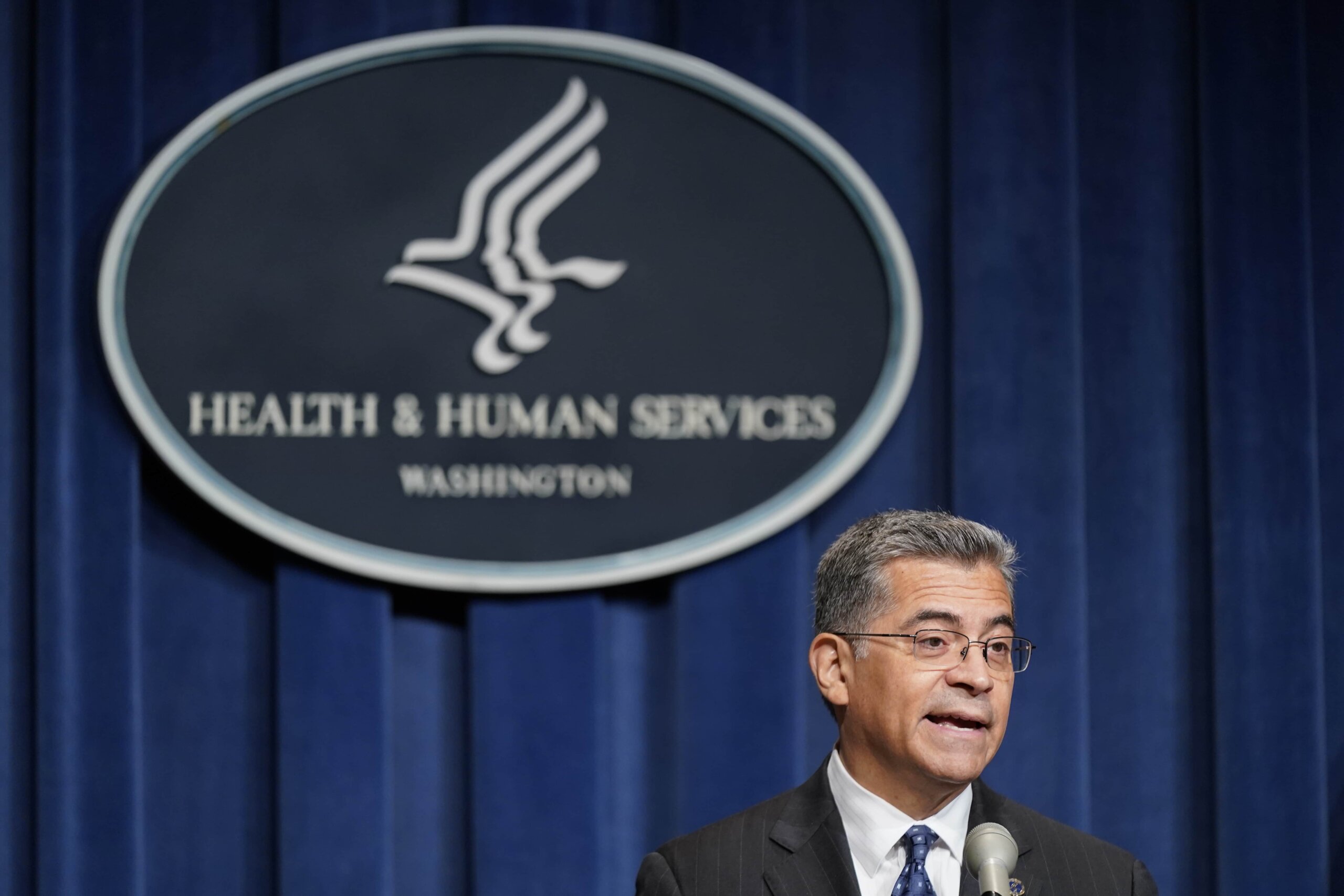The Biden administration released proposed regulations this week that would enhance existing protections for the LGBTQ2S+ community.
Announced on July 25, the new rules reaffirm that discrimination against LGBTQ2S+ people and people who have had abortions is illegal in federally funded health settings, according to the queer news outlet Washington Blade. This proposed regulation aims to build upon existing regulations issued by the Obama administration in 2016 and expand upon them. One difference from the previous rules explicitly prohibits healthcare discrimination on the basis of sexual orientation.
The move follows years of political infighting over Section 1557, the non-discrimination provisions of the Affordable Care Act (ACA). Enacted when the law was signed in 2010, the policy prevents sex-based discrimination in health centres that receive federal government dollars.
In 2016, the Obama administration announced that it would interpret the definition of sex under Section 1557 to include gender identity, thereby banning anti-trans discrimination in healthcare settings.
The Obama-era directive on trans non-discrimination was blocked by Judge Reed O’Connor of the U.S. District Court for the Northern District of Texas in December 2016, just hours before it was scheduled to go into effect. The Trump administration further gutted the policy in May 2019 by releasing a new interpretation of Section 1557 that did not protect trans people, pregnant people or people with a same-sex partner in healthcare settings.
“Discrimination against trans people in healthcare is illegal and this proposed rule demonstrates that the Biden-Harris administration intends to enforce the law.”
Trump’s attempt to roll back Section 1557 was also blocked by a judge, however. One day before the rule was set to become official policy in August 2021, Judge Frederic Block of the U.S. District Court in Brooklyn said it would violate Bostock v. Clayton County, a landmark Supreme Court decision ruling that federal protections against discrimination apply to LGBTQ2S+ workers.
During his 2020 presidential campaign, Biden promised to restore LGBTQ2S+ protections stripped away under the Trump administration. Shortly after Biden took office, the Department of Health and Human Services (HHS) announced in May 2021 that the Office for Civil Rights would interpret and enforce Section 1557 to include sexual orientation and gender identity.
Following this week’s announcement, advocacy organizations in the U.S. thanked the Biden administration for keeping its promise to the LGBTQ2S+ community.
“The new regulations regarding the Health Care Rights Law make clear that most healthcare providers and insurance companies cannot deny appropriate and necessary care to transgender people,” said C.P. Hoffman, senior policy counsel for the National Center for Transgender Equality (NCTE), said in a statement. “Discrimination against trans people in healthcare is illegal and this proposed rule demonstrates that the Biden-Harris administration intends to enforce the law.”
According to a national survey conducted by NCTE in 2015, trans people in the U.S. experience widespread discrimination in healthcare settings. A third of respondents (33 percent) reported having at least one negative experience with their health provider related to their gender identity in the past year. Of those, eight percent were refused gender-affirming care and six percent were verbally harassed.
The rate of negative experiences is higher for trans people of colour and trans people with disabilities. Per NCTE, 23 percent of trans people did not see a doctor when they needed to because of fear of being mistreated as a trans person, and 33 percent did not see a doctor when needed because they could not afford it.
But while the new rule being put forward by the Biden administration seeks to address these experiences, it could also lead to further discrimination. The proposal also includes a religious exemption for healthcare providers with objections to certain procedures like abortion and gender-affirming surgery—although the exact breadth of the exemption isn’t clear.
A representative for the HHS told the Blade that the religious conscience provision was included as a result of stakeholder feedback but did not offer further details.
Despite those lingering questions, LGBTQ2S+ advocates hailed the regulations as a major step forward.
“People will once again be protected from discrimination on the basis of sex, including sexual orientation, gender identity and sex traits,” said Maddie Moran, a spokesperson for the intersex advocacy organization interACT, in an emailed statement. “This protection is momentous for the intersex population, who currently face medical discrimination such as being denied care, given false records about their intersex traits or subjected to cosmetic surgeries as infants without their consent.”


 Why you can trust Xtra
Why you can trust Xtra


